Optimal Seasons for Masonry Service
Masonry service is most effectively performed during specific seasons that favor the curing and setting processes of mortar and concrete. Typically, the ideal periods are during mild, dry weather conditions which help prevent issues like cracking, shifting, or prolonged curing times. Understanding seasonal variations ensures masonry work maintains structural integrity and aesthetic appeal.
Spring and early fall are considered optimal for masonry projects due to moderate temperatures and lower humidity levels, which facilitate proper curing.
Avoid masonry work during extreme cold or hot weather, as freezing temperatures can cause mortar to crack, and excessive heat can lead to rapid drying and weakening.
Temperature fluctuations significantly influence the setting time of mortar and concrete, with ideal conditions being between 50°F and 85°F.
Planning masonry projects during seasons with stable weather reduces the risk of delays and structural issues, ensuring long-lasting results.
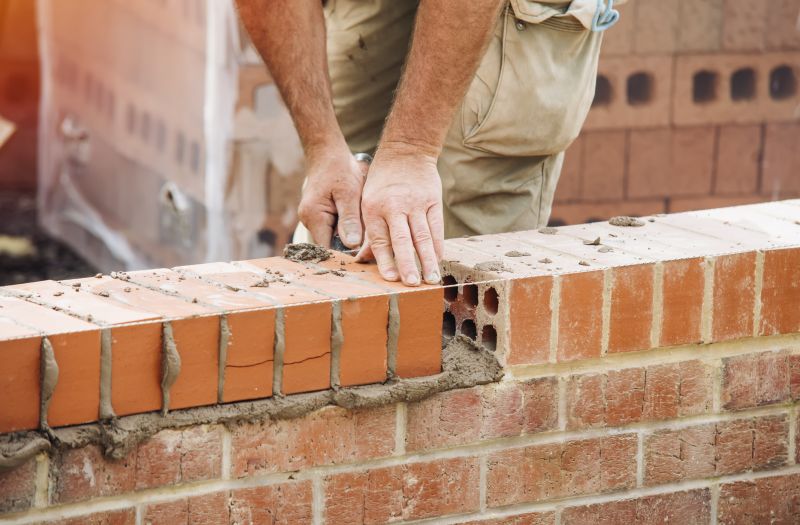
Ways to make Masonry Service work in tight or awkward layouts.
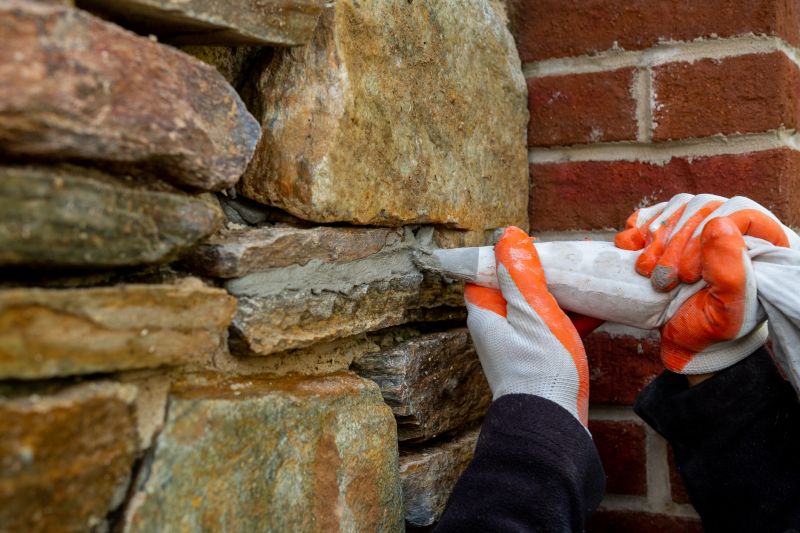
Popular materials for Masonry Service and why they hold up over time.

Simple add-ons that improve Masonry Service without blowing the budget.

High-end options that actually feel worth it for Masonry Service.
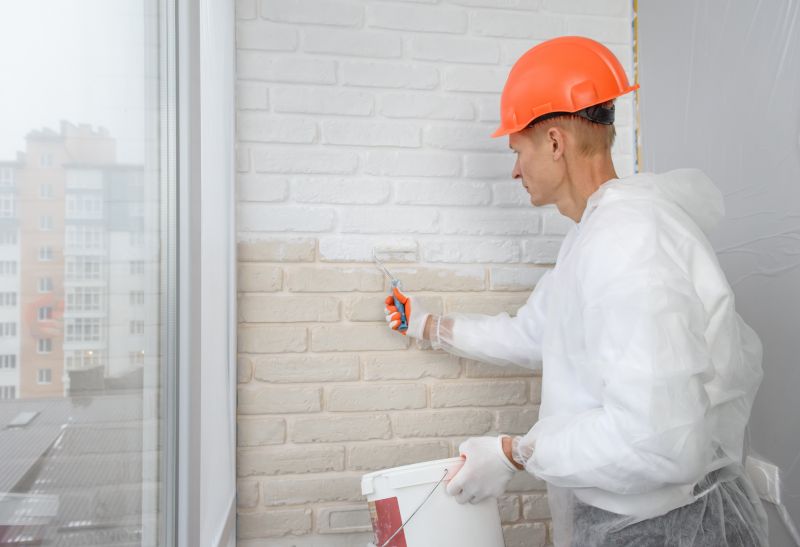
Finishes and colors that play nicely with Masonry Service.
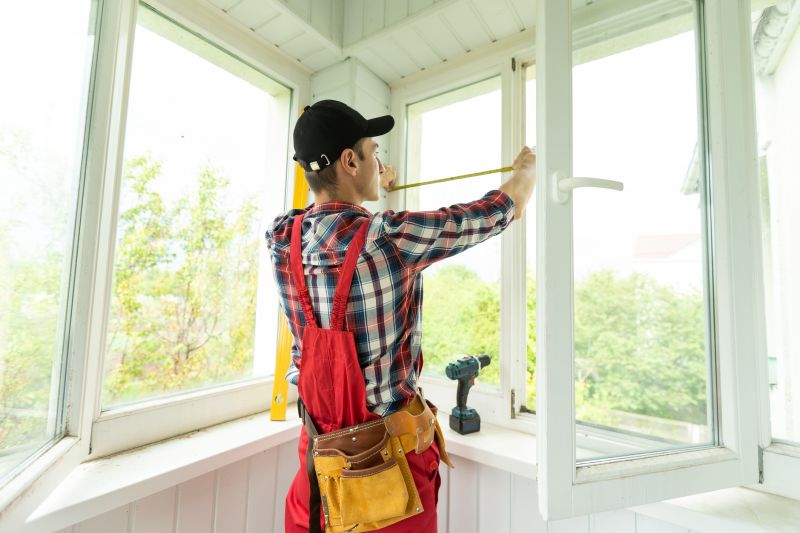
Little measurements that prevent headaches on Masonry Service day.
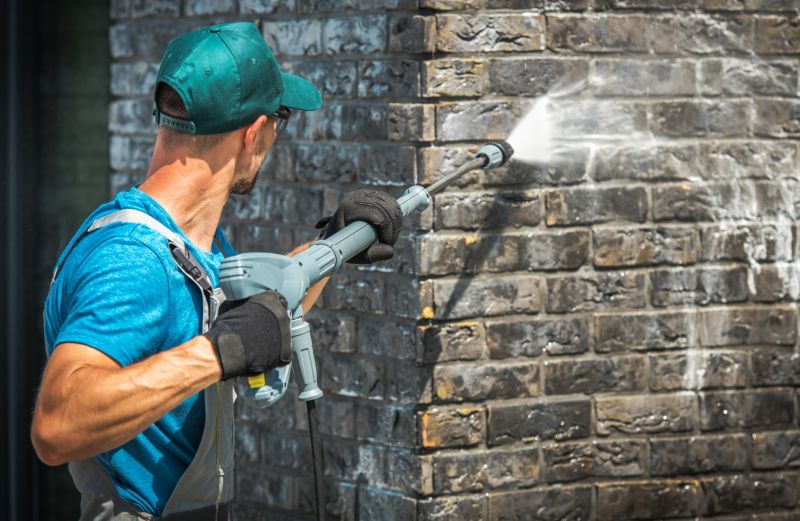
A 60-second routine that keeps Masonry Service looking new.
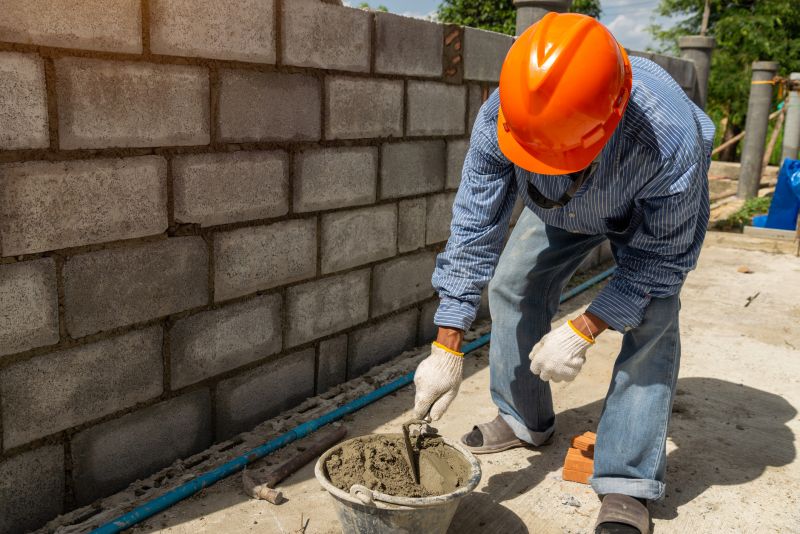
A frequent mistake in Masonry Service and how to dodge it.

Small tweaks to make Masonry Service safer and easier to use.
| Season | Recommended Conditions |
|---|---|
| Spring | Mild temperatures, low humidity, ideal for curing. |
| Summer | Warm but not excessively hot, avoid peak heat hours. |
| Fall | Cool temperatures, stable weather, suitable for projects. |
| Winter | Cold temperatures and freezing conditions should be avoided. |
| Late Fall/Early Spring | Transitional periods with unpredictable weather. |
Masonry services encompass a range of activities including building new structures, repairing existing ones, and restoring historic masonry. Proper timing of these services is crucial for ensuring durability and minimizing issues such as cracking, shifting, or deterioration. Masonry work involves the use of materials like brick, stone, and concrete, each requiring specific environmental conditions for optimal performance.
Statistics indicate that scheduling masonry projects during favorable weather can reduce repair costs by up to 30%. Additionally, projects completed in optimal seasons tend to have longer lifespans due to better curing conditions, which enhances structural stability and appearance over time.
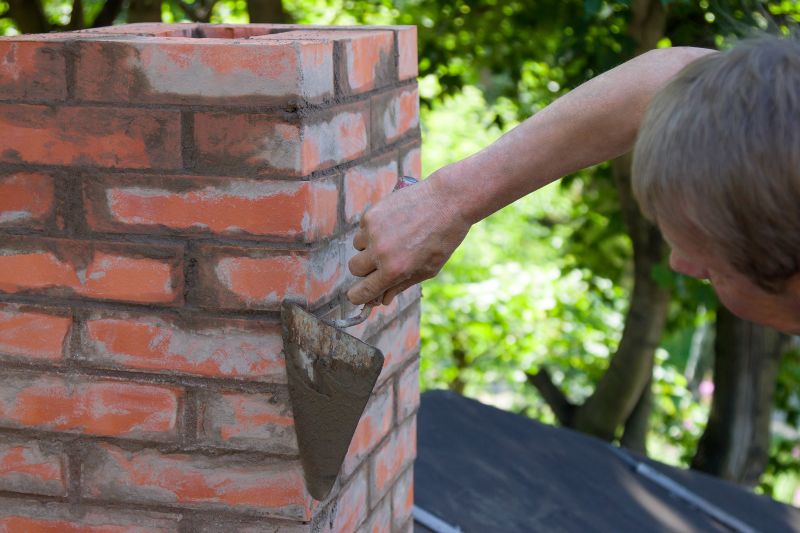
Lower-waste or water-saving choices for Masonry Service.
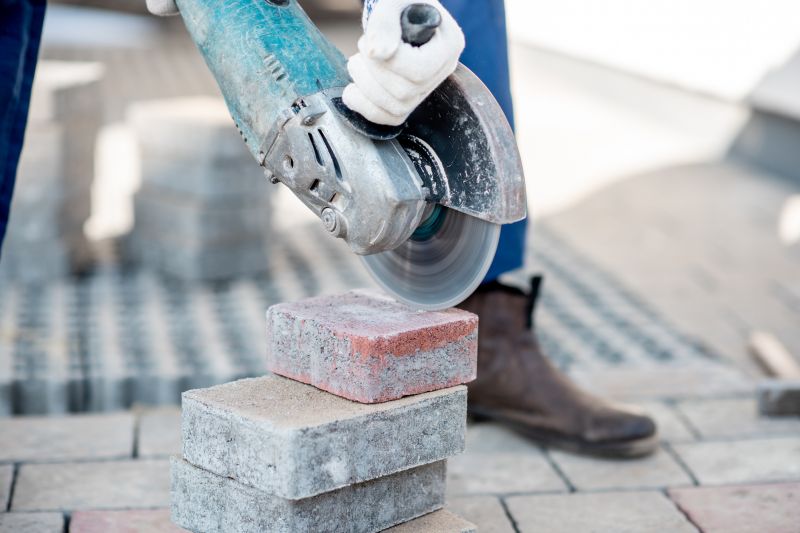
The short, realistic tool list for quality Masonry Service.

Rough timing from prep to clean-up for Masonry Service.

Quick checks and paperwork to keep after Masonry Service.
Interested in scheduling masonry work at the optimal time for durability and quality? Contact for more information and to discuss project timing options tailored to specific needs.
